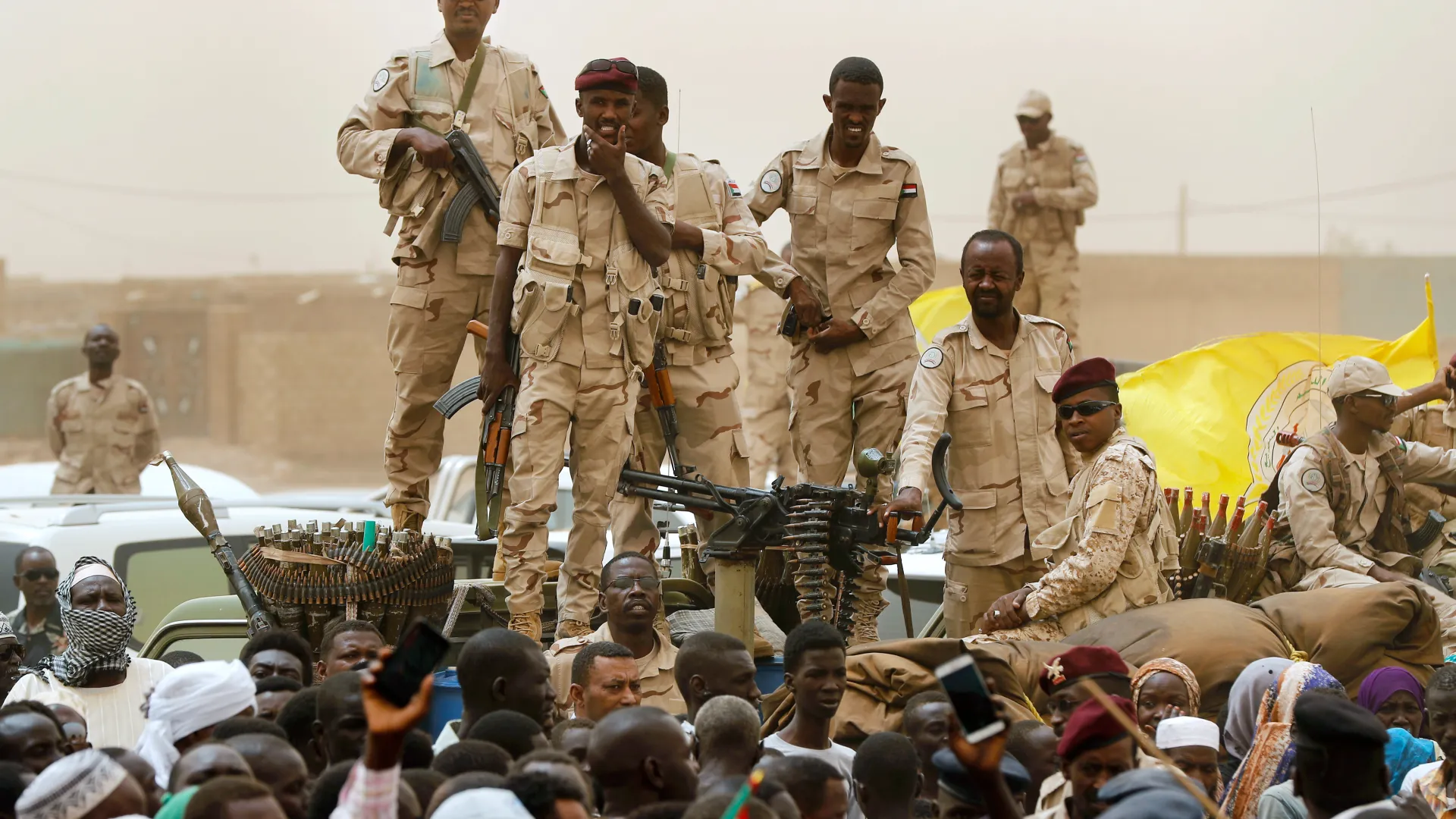
Civilians escaping violence in Sudan face harrowing threats from armed militias determined to hunt them down, the United Nations High Commissioner for Refugees (UNHCR) revealed this weekend.
“People have repeatedly told me that when they were fleeing the Zamzam IDP camp, armed men threatened them, saying, ‘Run away, go there, run here, run there, we will follow you, we will find you,’” said Jocelyn Elizabeth Knight, a UNHCR protection officer.
Speaking from Geneva, Ms Knight described the fear etched in the eyes of a young child at a UNHCR shelter.
“A little boy said to me, ‘You know, during the day it’s okay here, but I’m afraid to sleep at night for fear that the place where we live will be attacked again.’”
This chilling testimony reflects the trauma experienced by countless Sudanese children caught in the conflict.
In Darfur, western Sudan, thousands of displaced civilians are squeezed into dilapidated public buildings with scarce access to clean water and sanitation.
The UNHCR warns that fresh waves of displacement and attacks continue to plague Darfur and the neighbouring Kordofan region — communities already devastated by previous atrocities.
The protracted conflict, now in its third year, has crippled humanitarian access and disrupted aid distribution. With the rainy season imminent, many roads will become impassable, further complicating the delivery of essential supplies.
Ongoing insecurity has also devastated agricultural activities, deepening poverty in areas teetering on the brink of famine.
More than 873,000 Sudanese refugees have fled into Chad, which now hosts the largest registered Sudanese refugee population. Astonishingly, one in three people in eastern Chad is a refugee.
Amid this turmoil, a rapid and deadly cholera epidemic is sweeping Sudan. “Cholera has spread throughout Sudan, with outbreaks reported in all states,” warned Dr Ilham Nour, head of emergencies at the World Health Organization (WHO). Since July 2024, nearly 100,000 cases have been recorded. In early August, 264 cases and 12 deaths were confirmed at the Dougui refugee camp in Chad, with suspected cases also reported in surrounding areas.
For the UNHCR, urgent intervention is critical. “We still have more than 230,000 refugees at the border in a very difficult situation. Without immediate action—including better access to healthcare, clean water, sanitation, hygiene, and, most importantly, relocation away from the border—many lives are at risk,” cautioned Dossou Patrice Ahouansou, Senior Coordinator for Eastern Chad. The agency has halted refugee relocations from border points and is seeking $130 million in funding to assist 800,000 people in Darfur, respond to the outbreak, and relocate nearly 240,000 refugees away from precarious border zones.
Meanwhile, the United Nations Mine Action Service (UNMAS) reports that explosive remnants of war are claiming civilian lives and causing injuries, often among people unaware of the dangers. “The sad fact is that the conflict is not taking place in rural areas, but mainly in densely populated urban areas,” said Mohammad Sediq Rashid, head of UNMAS Sudan. Recent discoveries include six minefields in Khartoum, three containing antipersonnel mines—a grim first for the capital. Contaminated sites include roads, homes, schools, medical facilities, and humanitarian bases.
At a recent press briefing in Port Sudan, Edem Wosornu, advocacy director at the UN Office for the Coordination of Humanitarian Affairs (OCHA), appealed to the international community to keep Sudan’s crisis in sharp focus. Returning from Khartoum, she described the city as “devastated,” a shadow of its former bustling self.
Despite the scale of suffering, the humanitarian plan is only 23% funded. “We are asking for only 55 cents per person per day to meet needs,” Wosornu said.
She stressed that only lasting peace can halt the world’s worst humanitarian crisis. “We desperately need this truce… The population is demanding an end to a war that has killed, maimed, and destroyed lives and livelihoods,” she insisted.



